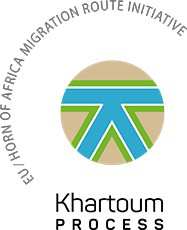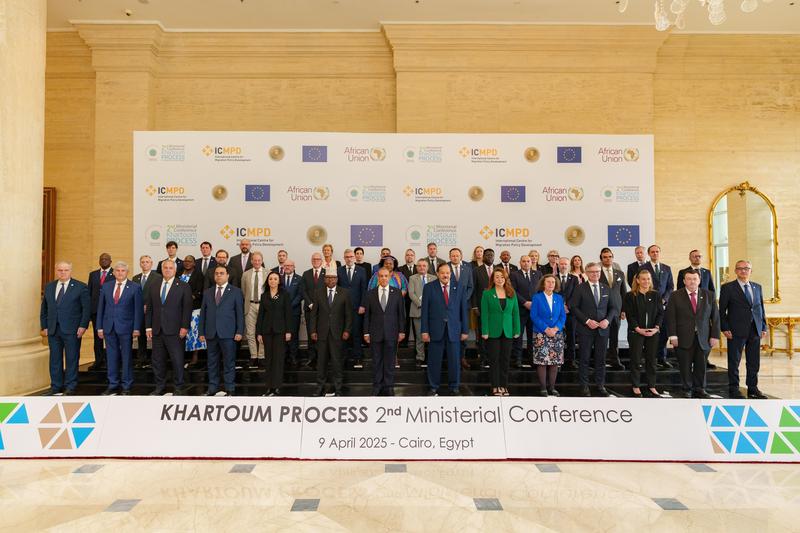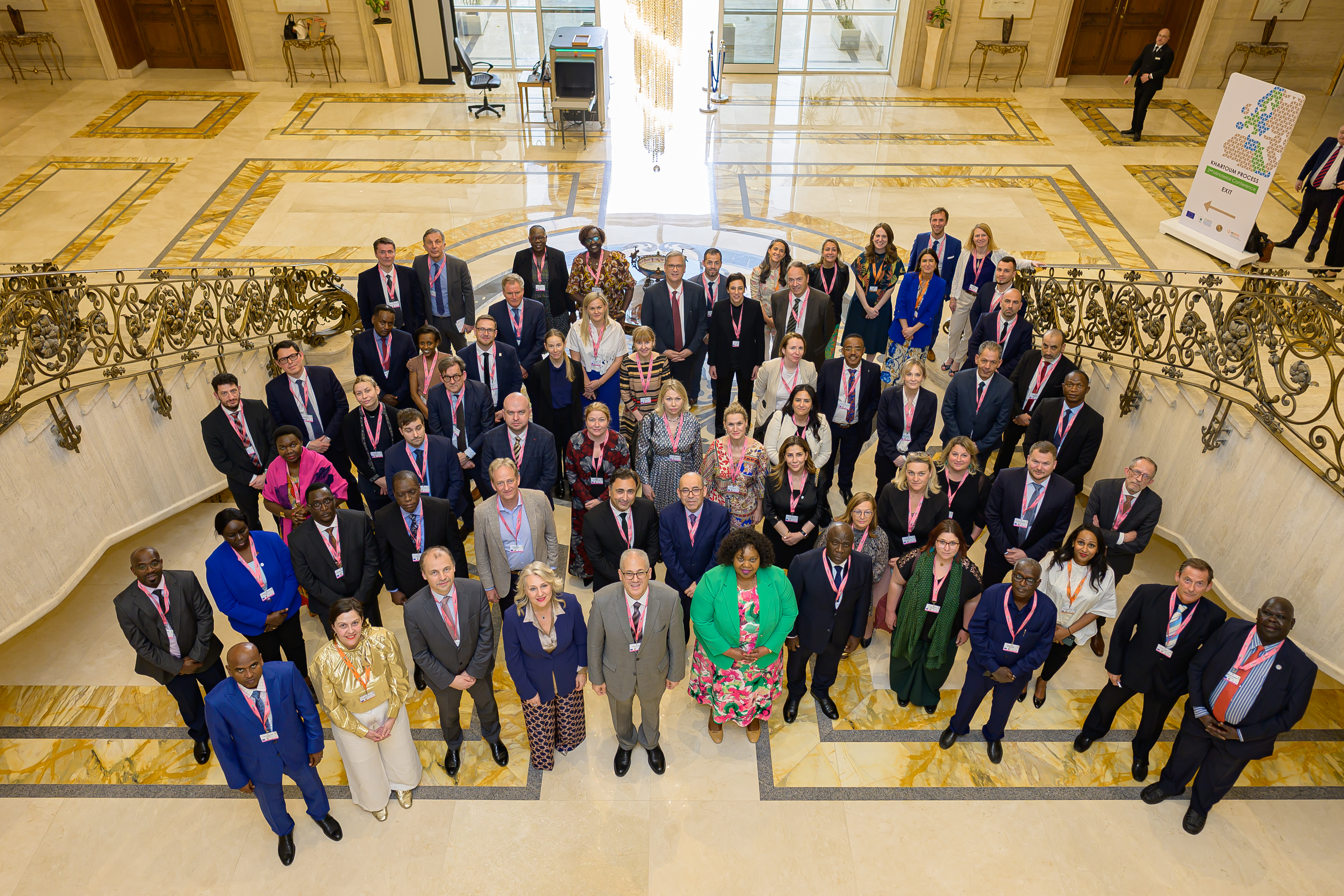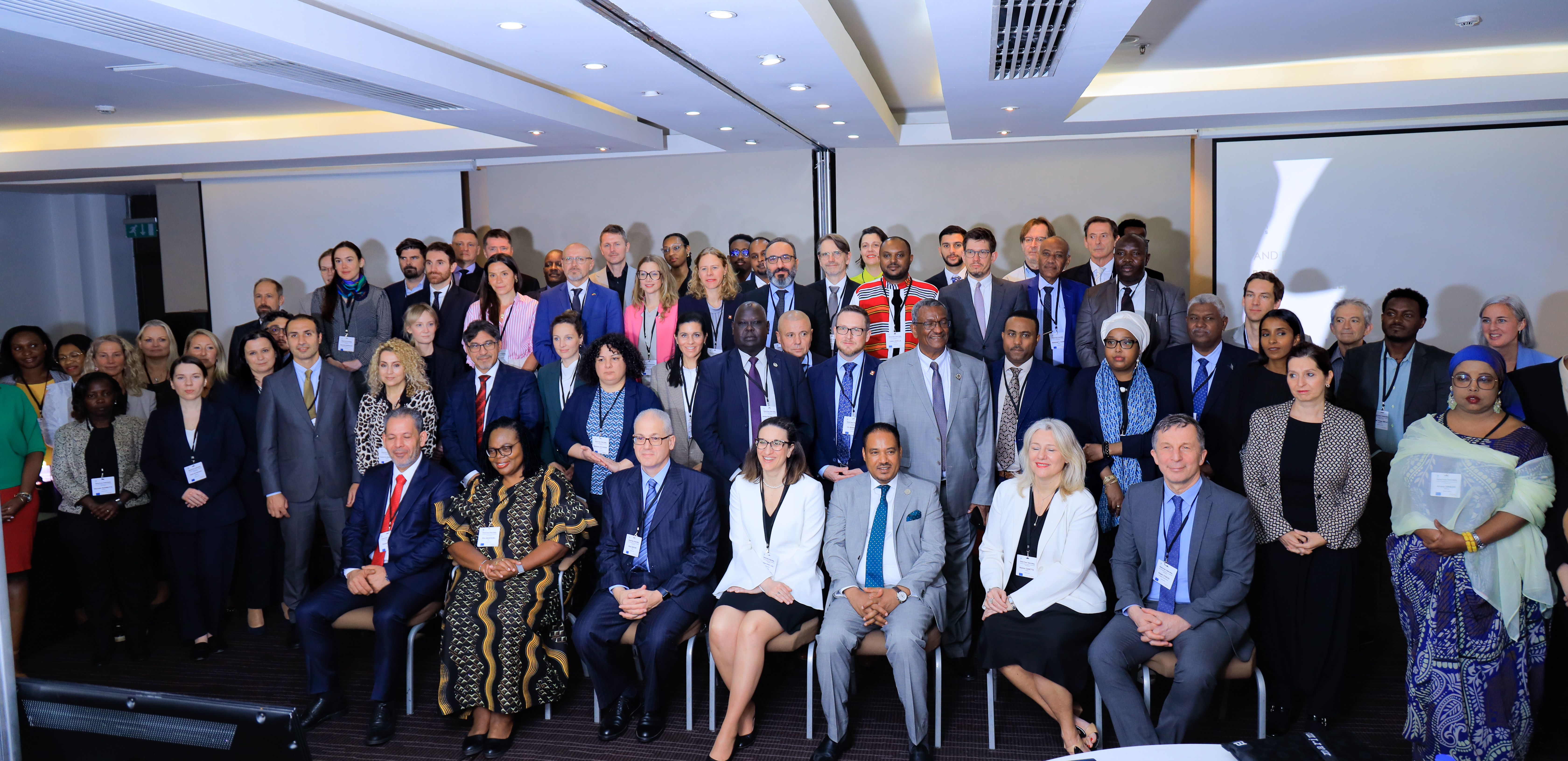Webinar on Addressing the Issue of Missing Migrants in the Khartoum Process Region
- Date:
- Location: Online
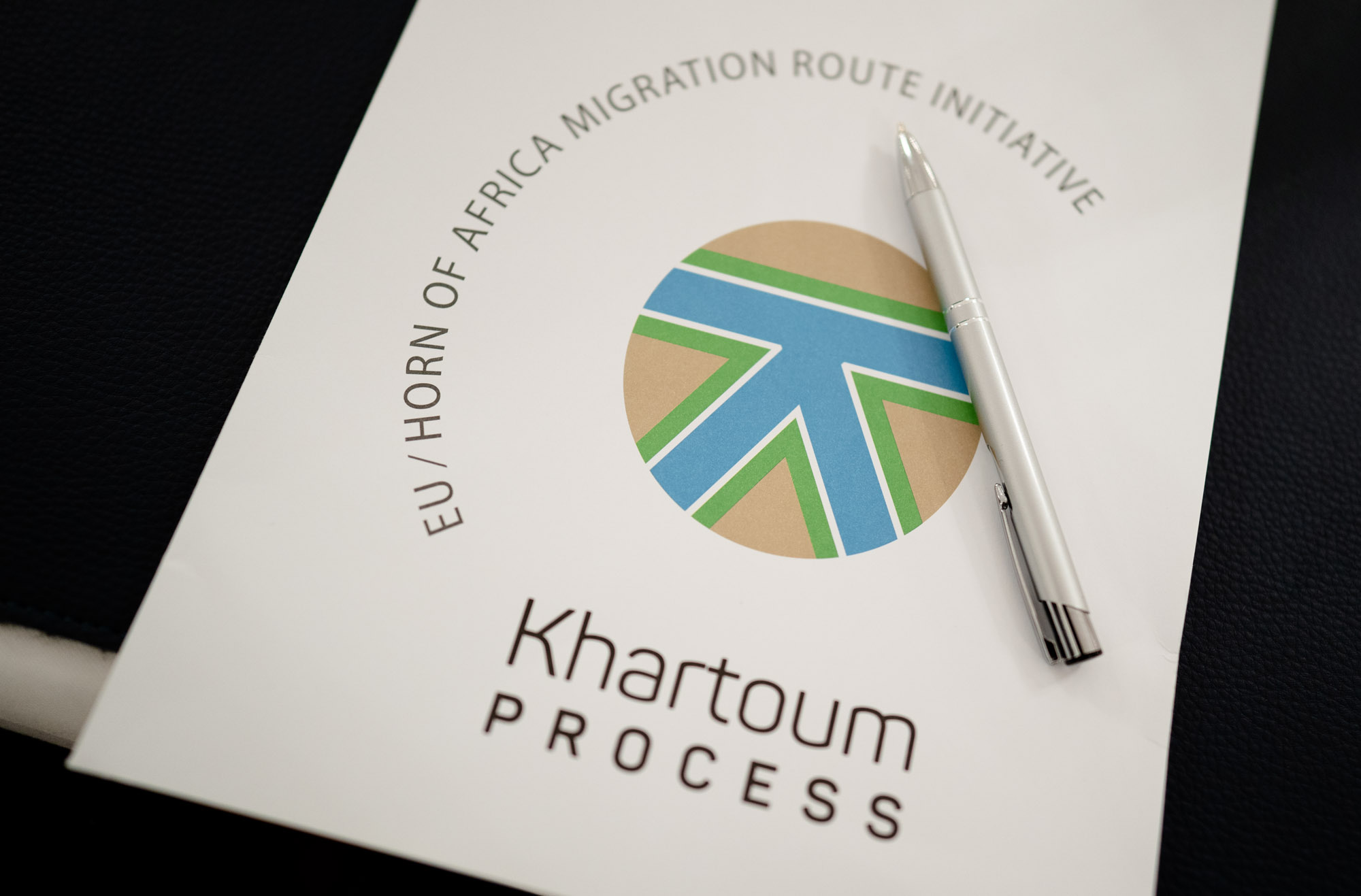
Under the French Chairmanship, the Khartoum Process convened for the first time to address the issue of “Missing Migrants” within its framework. The webinar brought together 63 participants from Khartoum Process Member States, as well as regional and international organisations. Discussions highlighted the strong political interest of Member States in addressing the issue of missing migrants and the need for a cooperative, operational, and humanitarian approach to the issue of missing migrants. As stated by the Khartoum Process Chair, Ambassador Baumgartner: “[The Webinar] is a crucial step to fulfil our collective commitments and to place human dignity at the heart of migration governance”.
